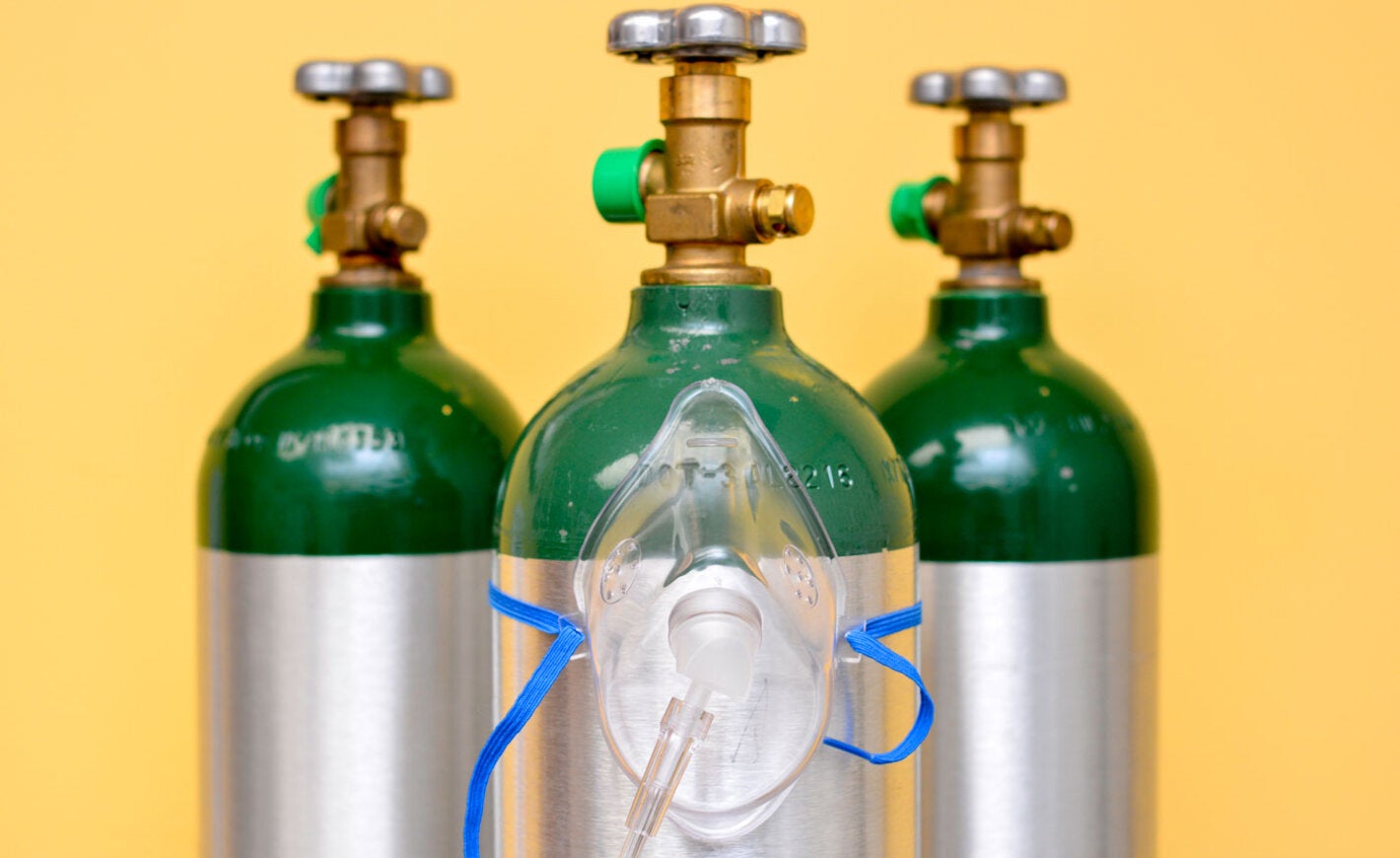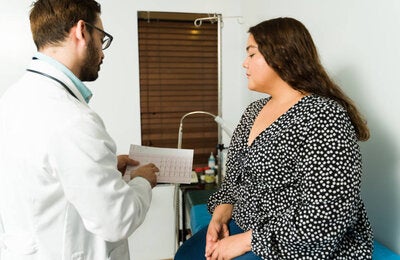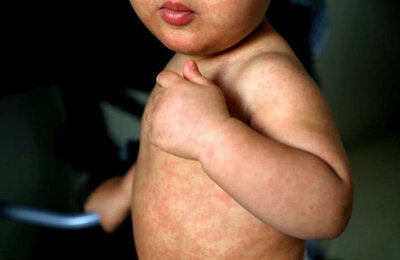
Geneva/New York, September 14, 2023– In advance of the three UN High-Level Meetings on Pandemic Prevention, Preparedness and Response, Universal Health Coverage, and Tuberculosis 20-22 September 2023, about 20 of the world’s leading agencies call on world leaders to prioritize access to medical oxygen in health strategies, policies, and financing.
The Global Oxygen Alliance (GO2AL) was launched in May 2023 with Unitaid and the Global Fund to Fight AIDS, Tuberculosis and Malaria as co-chairs, the Pan American Health Organization (PAHO) and the Africa Centres for Disease Control and Prevention (Africa CDC) as vice-chairs, and Unitaid, the World Health Organization (WHO) and UNICEF sharing the secretariat. GO2AL is calling for world leaders to ensure the 2023 World Health Assembly Resolution on Increasing Access to Medical Oxygen, adopted by all 194 WHO Member States, is reflected in the universal health coverage, pandemic preparedness, prevention and response, and tuberculosis agendas.
“Medical oxygen is a lifesaving medicine that is essential to pandemic prevention, preparedness and response, achieving universal health coverage and the fight against tuberculosis. If we’re going to increase access and affordability of medical oxygen for the people who need it most, we need innovative ways of producing and delivering it, and tools adapted for use in low-resource settings,” said Philippe Duneton, Executive Director of Unitaid.
Medical oxygen is a lifesaving essential medicine without substitute, used to treat both acute and chronic respiratory illnesses, including COVID-19 and pneumonia. It is essential for surgery, trauma, emergency, critical care, and for treating older people, pregnant women with obstetric complications and newborns in respiratory distress; and can support the management of opportunistic infections due to advanced HIV infection and severe forms of tuberculosis and malaria, as well as non-communicable diseases such as chronic obstructive pulmonary disease and cardiovascular disease.
“Access to medical oxygen and respiratory care is an essential part of resilient and sustainable health systems and a critical element of pandemic preparedness. Investments in oxygen delivery systems will save lives now and build surge capacity for countries to respond against future health threats,” said Peter Sands, Executive Director of the Global Fund.
Severe shortages of medical oxygen have been a problem for decades in many low- and middle- income countries (LMICs) and less than 50 percent of health facilities have uninterrupted access to medical oxygen. This has deadly consequences for the most vulnerable; for example, of the 7.2 million children with pneumonia in critical need of medical oxygen each year in LMICs, only one in five children will receive it. The COVID-19 pandemic exacerbated these chronic shortages, leading to many preventable deaths and straining already fragile health systems.
“Availability of medical oxygen can be a matter of life and death that requires deliberate political commitment. I stared at death when I was diagnosed with COVID-19 due to delayed access to oxygen therapy owing to cost and inadequate supply. Families experienced preventable deaths that would have been averted with availability of affordable medical oxygen. Without the prioritization and sustained support from governments, access to this crucial resource will remain a hindrance to provision of quality health care and efforts in saving lives.” Said Maurine Murenga, Executive Director, Lean On Me Foundation and the Communities Constituency for GO2AL.
GO2AL calls on governments and health systems to:
- prioritize access to medical oxygen in health strategies, policies, and financing in support of universal health coverage and pandemic prevention, preparedness and response.
- ensure that people (especially children and newborns) with pneumonia or other respiratory and critical illnesses, pregnant women and surgical patients, have reliable access to medical oxygen therapy.
- develop comprehensive guidance for the use of medical oxygen for tuberculosis patients to support holistic care.
Access to a sustainable, reliable supply of medical oxygen in low- and middle-income countries is critical to achieving the health-related targets of the Sustainable Development Goals by 2030, particularly to achieving universal health coverage, supporting pandemic preparedness, prevention and response, and ending epidemics including tuberculosis.
Additional quotes from GO2AL members:
“The pandemic highlighted how important it is to guarantee access to a sustainable, reliable supply of medical oxygen in LMICs. This is a crucial aspect to achieve universal coverage and access, based on a strong and renewed primary health care.” said Jarbas Barbosa da Silva Jr., Director of PAHO.
“The COVID-19 pandemic has laid bare a long-ignored aspect of health capacity in LMICs. Therefore, sustainable investments in medical oxygen must be prioritized in the ongoing global discussion on pandemic prevention, preparedness and response and universal health coverage,” said H.E. Dr. Jean Kaseya, Director General of Africa CDC.
Editor’s note: For more information about this call to action, please see the GO2AL briefing note titled “Medical Oxygen: Essential for saving lives today and tomorrow”. For more information about GO2AL and its new Strategy: executive summary, please visit the GO2AL website.
About GO2AL
During the COVID-19 pandemic in February 2021, amidst widespread global oxygen shortages, the world’s leading health agencies created the Oxygen Emergency Taskforce as part of the Access to COVID-19 Tools Accelerator (ACT-Accelerator). The taskforce raised more than US$1 billion to boost access to medical oxygen, expand production, negotiate for better pricing, and provide technical advice to governments. As the world transitioned from the acute phase of the COVID-19 pandemic and prepares for future health threats, the ACT-Accelerator Oxygen Emergency Taskforce evolved in May 2023 into the Global Oxygen Alliance (GO2AL), a broader partnership of about 20 health agencies and representatives from civil society and affected communities to convert the investments made during the pandemic into lives saved and to expand the work started by the taskforce.
GO2AL members include the Access to Medicine Foundation; Africa Centres for Disease Control and Prevention; the Bill & Melinda Gates Foundation; Build Health International; the Clinton Health Access Initiative; the Every Breath Counts Coalition; Pan American Health Organization, Partners In Health; PATH; Save the Children; the Global Fund to Fight AIDS, Tuberculosis and Malaria; UNICEF; Unitaid; UNOPS; the United States Agency for International Development; the World Health Organization; the World Bank; and representatives from civil society and affected communities. New members, including representation from LMICs, are being invited as GO2AL strives to build a stronger, more diverse, and inclusive membership.



